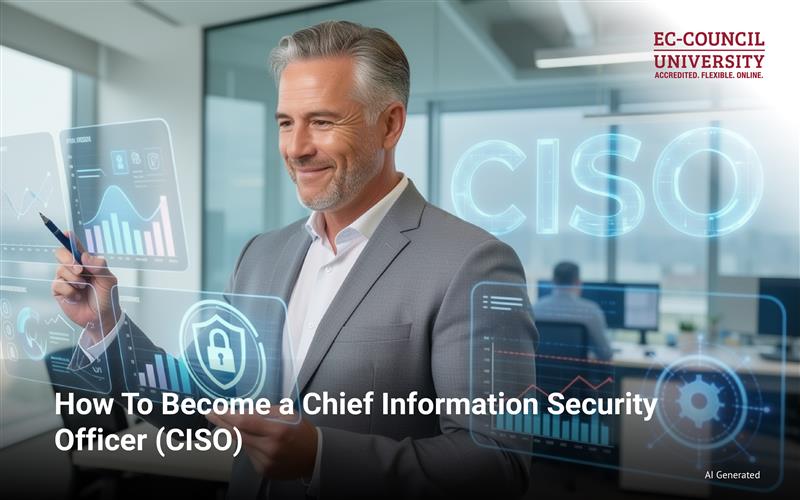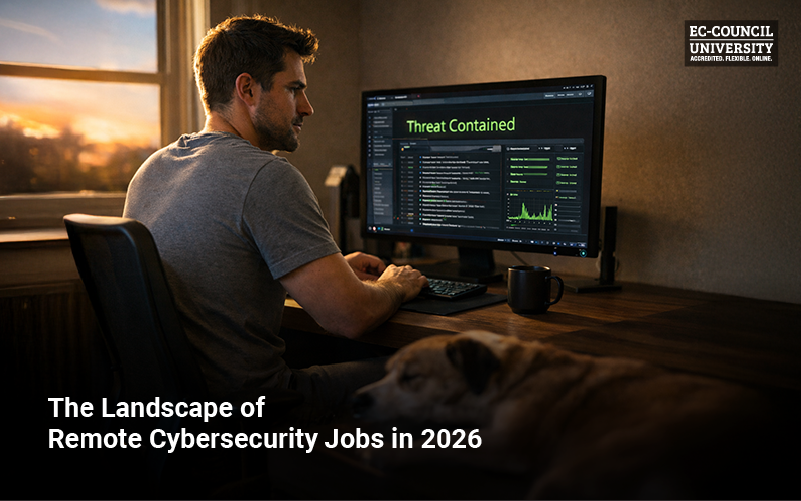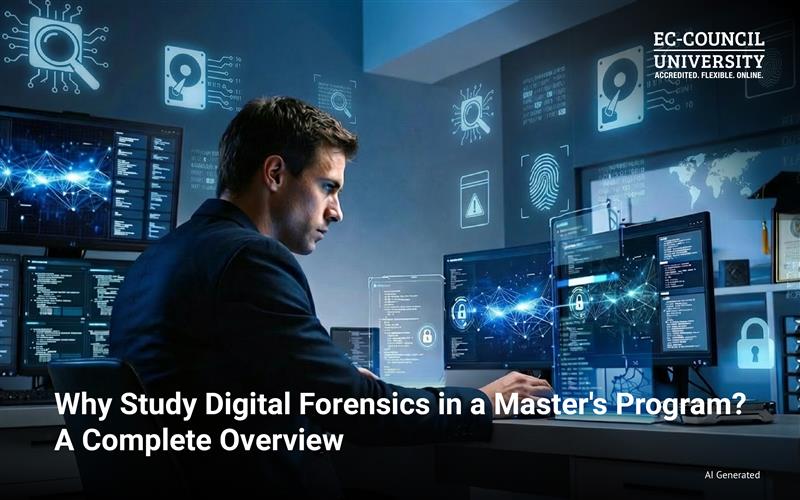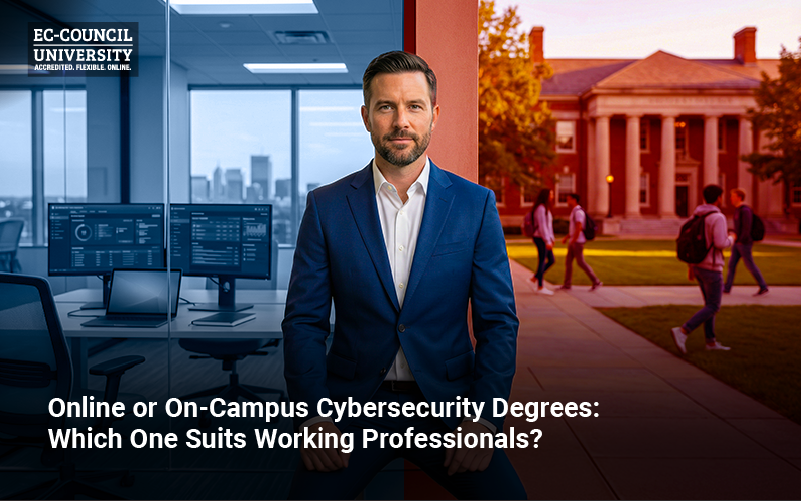The Value of a Master’s Degree in Cybersecurity for Individuals from Non-Technical Backgrounds
It’s well-established that the world needs more cybersecurity professionals to help battle the rising tsunami of cybercrime. Businesses of all types are susceptible to cyber threats and are urgently seeking solutions and personnel to safeguard their digital assets, sensitive information, and IT infrastructure. This makes cybersecurity a worthwhile and enriching career path to pursue. If you’re contemplating a career in cybersecurity but are hesitant to follow through because you feel you lack the technical background or know-how, don’t worry, it’s a challenge many before you have overcome. Transitioning from a non-technical to a technical career may seem daunting at first, but with the proper education, a sense of determination, and by making prudent decisions, you’ll be able to succeed no matter what limitations you currently face. There are plenty of cybersecurity roles that require more than just technical skills. Having a keen interest in the field, the ability to think strategically, and a knack for problem solving are great foundational qualities upon which you can build your cybersecurity career. To gain the technical skills that will complement these qualities, a master’s degree in cybersecurity deserves strong consideration.
How a Master’s Degree in Cybersecurity Plugs the Skill Gaps for Those Lacking Technical Proficiency
A cybersecurity master’s degree not only equips you with the necessary technical skills like software programming, ethical hacking, penetration testing, network security, and more, but it also imparts vital soft skills like critical thinking, efficient leadership, and business communication. These programs prove that cybersecurity isn’t solely restricted to IT professionals. It’s a field in which anyone with appropriate education can thrive. In fact, cybersecurity roles that focus on risk management, policy development, and legal and compliance frameworks demand more non-technical skills than technical ones, making these roles ideal for individuals with no prior technical work experience who possess a master’s degree in cybersecurity.
Essential Factors to Consider While Selecting a Master’s Degree in Cybersecurity Program
Keep in mind that not all master’s in cybersecurity programs are designed to cater to everyone. Some are welcoming to cybersecurity novices, while others require students to possess a more advanced base of knowledge and existing skills in order to be eligible for enrollment. As someone coming from a non-technical background, here are six essential factors you should consider when browsing for the right program:
Curriculum Suitable for Non-Technical Learners
Look for programs offering courses in foundational cybersecurity concepts, digital literacy, and risk management. A well-structured curriculum should ease you into technical topics like network security or cryptography without assuming prior coding experience.
Blend of Technical and Soft Skills
Cybersecurity is as much about communication, critical thinking, and ethical decision-making as firewalls and encryption. The best programs prioritize a balanced skill set, combining technical knowledge with soft skills like leadership, business communication, technical writing, legal and regulatory understanding, the essentials of management, etc. This blend prepares you for roles that heavily involve cross-functional collaboration, such as a Security Analyst, a Compliance Officer, or a Risk Management Specialist.
Hands-On Experiential Learning
Theory alone won’t cut it in cybersecurity. The most useful programs offer immersive hands-on practice in virtual lab environments that simulate real-world scenarios, case studies of real businesses and events, and capstone projects that aggregate your learning experience during the program. These learning components help you build confidence and apply your newly gained knowledge in practical situations, without needing pre-existing expertise.
Reliable Academic Support
Transitioning into a technical field can be difficult for some people, so having strong academic support can greatly ease any burdens you could potentially deal with. Choose a program that’s taught by a faculty of well-known cybersecurity experts, while also offering one-on-one mentoring, peer discussions and interactions, access to a readily available library of learning material, career guidance sessions, and resume building services. These resources make a positive difference in your learning journey and can keep you motivated when challenges arise.
Flexible or Online Learning Format
Like most professionals seeking a master’s degree, you’re probably already juggling between work, family, and other commitments. A flexible program, especially an entirely online one, can help you learn at your own pace without putting your life on hold. Opt for asynchronous classes, recorded lectures, and a learning platform that can be accessed on multiple devices. This level of flexibility ensures that your education fits into your life, not vice versa.
Affordability and Return on Investment (ROI)
Pursuing a master’s degree is a significant financial commitment, but it doesn’t have to break the bank. When evaluating program options, weigh the initial cost against the long-term return on investment. Some key things to look for are transparent tuition fee structures and the availability of scholarships, grants, payment plan options, and credit transfers.
Why EC-Council University’s Master of Science in Cyber Security Program is Right for You
EC-Council University (ECCU) embraces learners from across the globe, whether their new to the field of cybersecurity or seasoned professionals aiming to enhance their skills and qualifications even further. For someone from a non-technical background, our Master of Science in Cyber Security degree is an immensely appealing program option. It’s 100% online, covers the most crucial specializations of modern-day cybersecurity, and emphasises the importance of soft skills. You’ll learn from a faculty of renowned cybersecurity experts in a flexible, hands-on learning format, with round-the-clock academic advisory support. You’ll also financially benefit from our range of scholarship opportunities and can avail easy payment plans and credit transfers that bring down the cost of tuition.
Find out more about ECCU’s Master of Science in Cyber Security program by reaching out to us at [email protected]







